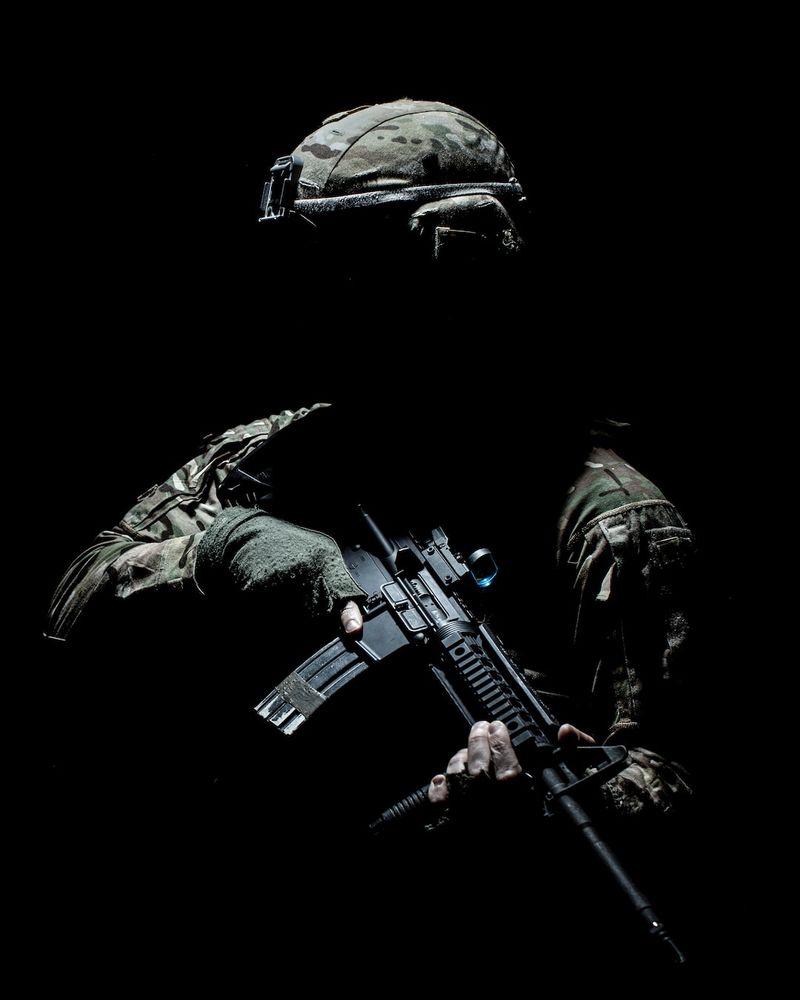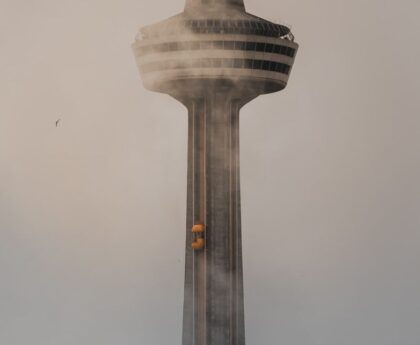Azerbaijan Launches Operation Against Nagorno-Karabakh and Demands Surrender
Tensions escalate in Nagorno-Karabakh
Tensions have dramatically escalated in the South Caucasus region as Azerbaijan launched “anti-terror” operations in Nagorno-Karabakh and demanded the surrender of ethnic-Armenian separatists. This move comes after months of high tension around the breakaway enclave, which is internationally recognized as part of Azerbaijan. The conflict between Azerbaijan and Armenia has a long history, with the two nations previously going to war in the early 1990s and then again in 2020. The latter conflict saw Azerbaijan recapture areas in and around Nagorno-Karabakh before a truce, monitored by Russian peacekeepers, was agreed upon.
Despite calls for a ceasefire and negotiations from ethnic Armenians in Karabakh, it is evident from Azerbaijan’s ultimatum that their aim is to complete their conquest of the region. The Armenian Prime Minister, Nikol Pashinyan, has accused Azerbaijan of starting a ground operation targeted at “ethnic cleansing”. This has sparked protests in Armenia, with demonstrators condemning their leader and calling for his resignation.
Fragile truce and Russian involvement
Since the end of 2020, the fragile truce in Nagorno-Karabakh has been monitored by approximately 3,000 Russian soldiers. However, with Russia’s recent full-scale invasion of Ukraine, attention has been diverted away from the region. Concerns have been raised about the effectiveness of the truce without adequate monitoring and support.
As the conflict intensifies, there have been reports of both sides violating the ceasefire. Azerbaijan claims to be targeting legitimate military targets with high-precision weapons, while Armenian officials accuse Azerbaijan of systematic shelling and violating the ceasefire with missile-artillery strikes. The situation on the ground remains fluid, with conflicting reports about the scale and intensity of the military offensive.
The role of external actors
The involvement of external actors in the Nagorno-Karabakh conflict further complicates the situation. Azerbaijan has received strong support from its ally, Turkey, while Armenia has maintained a historically close relationship with Russia. However, Armenian Prime Minister Pashinyan recently claimed that Russia was “spontaneously leaving the region.” The withdrawal of Russian soldiers, coupled with the blockade imposed by Azerbaijan, has weakened the Armenian population in Karabakh and likely contributed to the current offensive.
The European Union, Russia, and the United States have called for an immediate ceasefire, urging both Azerbaijan and Armenia to de-escalate the situation. It remains to be seen how these external pressures will influence the actions of the warring parties and if they can bring about a peaceful resolution to the conflict.
Editorial: The Urgent Need for Diplomatic Solutions
The resumption of hostilities in Nagorno-Karabakh is deeply concerning and highlights the urgent need for diplomatic efforts to resolve the conflict. The suffering and loss of life experienced by both Azerbaijanis and Armenians in previous wars should not be repeated. The international community, particularly regional powers like Russia and Turkey, must play an active role in mediating negotiations and finding a lasting solution.
The key to resolving the Nagorno-Karabakh conflict lies in addressing the underlying issues of self-determination, territorial sovereignty, and security for both sides. The recognition of the rights and security of the Armenian population in Karabakh, as well as the concerns of Azerbaijan regarding its territorial integrity, are pivotal in any future agreement.
It is crucial for all parties involved to prioritize diplomacy and dialogue over military actions. The escalation of violence will only lead to further human suffering and perpetuate a cycle of hatred and mistrust. The international community should exert pressure on both Azerbaijan and Armenia to engage in sincere negotiations and find a peaceful resolution.
Advice: Safety Precautions for Individuals in the Region
For individuals in the region of Nagorno-Karabakh and the surrounding areas, it is vital to prioritize personal safety and take necessary precautions to avoid harm. The current situation is volatile, and violence can escalate rapidly.
Here are some safety recommendations:
1. Stay informed:
Keep track of the latest developments through reliable sources of news and official announcements. This will help you make informed decisions and avoid dangerous areas.
2. Maintain situational awareness:
Be vigilant about your surroundings, especially if you are near potential conflict zones or military activity. Stay away from areas where demonstrations or protests are taking place.
3. Follow local authorities’ instructions:
Comply with any directives or warnings issued by local authorities. They have the most up-to-date information about safety and security measures.
4. Evacuation plans:
Have an evacuation plan in place in case circumstances deteriorate rapidly. Identify safe routes and secure transportation options.
5. Stay in touch:
Keep your loved ones informed about your whereabouts and well-being. Establish regular communication channels, both online and offline, in case internet or phone services are disrupted.
It is essential to prioritize your safety and the safety of those around you. Act responsibly and avoid engaging in any activities that may put you at risk. Seek assistance from local authorities or international consulates if needed.
Remember, conflicts can have unpredictable consequences, and it is crucial to prioritize peaceful solutions and dialogue to resolve the underlying issues.

<< photo by Alexander Jawfox >>
The image is for illustrative purposes only and does not depict the actual situation.




